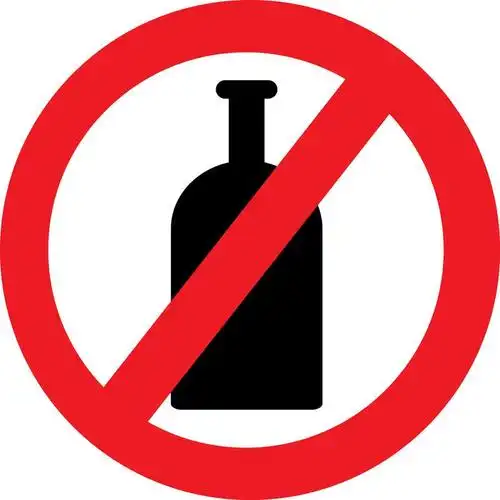Sober Celebrations: Reclaiming Family Time Without Alcohol
For many, the image of a family gathering is inseparable from the clinking of glasses, the pop of a cork, and the warm, hazy glow that a few drinks can bring. It’s a cultural script we’ve internalized: celebration equals alcohol. The laughter seems louder, the conversations flow easier, and the old stories feel funnier with a drink in hand. But what happens when you decide to step away from that script? What does it look like when you choose to quit drinking to fully join in?
The decision to remove alcohol from your life is often deeply personal, rooted in a desire for better health, mental clarity, or a break from dependency. Yet, one of the most daunting prospects can be facing social situations—especially family events—sober. The fear is palpable: Will I be bored? Will I feel like an outsider? Will I even enjoy myself without my usual social lubricant?
I confronted these questions head-on when I made the choice to quit drinking. The first major test was my family’s annual summer reunion, an event traditionally fueled by coolers of beer, bottles of wine, and my uncle’s notoriously strong cocktails. For years, my role had been that of the cheerful, slightly tipsy relative, always ready with a toast and a laugh. Without that identity, I felt exposed and anxious.
Arriving at the reunion, I clutched my sparkling water with lime like a shield. The initial moments were awkward. My cousin offered me a beer with a familiar grin, and my polite refusal was met with a raised eyebrow and a joking, “Since when?” It was a small moment, but it highlighted the social pressure embedded in these traditions. I smiled and simply said, “Just taking a break,” and steered the conversation toward his new job.
As the afternoon unfolded, something remarkable happened. The awkwardness didn’t intensify; it melted away. Freed from the focus on what and how much I was drinking, I began to truly listen. I noticed the way my grandmother’s eyes lit up when she talked about her garden, a detail I’d often missed before when I was halfway through my second glass of wine. I had a long, meandering conversation with my teenage niece about her college plans, and I remembered every bit of it the next day.
I was present. Not just physically, but mentally and emotionally. I wasn’t waiting for the next drink or calculating how to sneak away to refill my glass. I was engaged in the messy, beautiful, and authentic reality of my family.

This shift in presence revealed a profound truth: alcohol hadn’t been enhancing our connection; it had been acting as a buffer. It allowed us to be together without ever having to be too vulnerable or too real. We could hide behind the collective buzz. Without it, the interactions were sharper, sometimes more challenging, but undeniably more genuine.
I heard the slight tremor in my father’s voice when he talked about retiring, a nuance I would have glossed over before. I saw the quiet worry on my sister’s face as she discussed her son’s struggles at school. These weren’t comfortable moments, but they were real. And in that reality, we found a new depth of connection. My sober response wasn’t a slurred, “It’ll be fine!” but a quiet, “Tell me more about it.” It was support, not just sympathy.
The laughter was different, too. It wasn’t the boisterous, uninhibited roar that alcohol induces, but a warmer, more connected laughter sparked by shared memories and genuine humor. I found myself laughing until I cried at a story my brother told, a story I’d heard a dozen times before but was truly hearing for the first time.
By the end of the day, my initial fear had been replaced by a deep sense of contentment. I was tired, but it was the good tired that comes from a day spent fully immersed in life, not the drained, hungover fatigue I was accustomed to. I drove home clear-headed, replaying the conversations in my mind, feeling more connected to my family than I had in years.
Choosing sobriety to join in isn’t about deprivation; it’s about an upgrade in experience. It’s trading the superficial glow of intoxication for the rich, textured tapestry of genuine human connection. It’s about remembering the jokes, the stories, and the feelings the next day and carrying them with you.
Your family might not understand at first. There might be jokes, questions, or even pressure. But your presence—your true, undistracted, and intentional presence—is the greatest gift you can give them. And in return, you receive the gift of truly knowing them, and yourself, all over again. You quit to join in, and in doing so, you discover that the party was always there. You just needed to be fully there to experience it.




发表评论